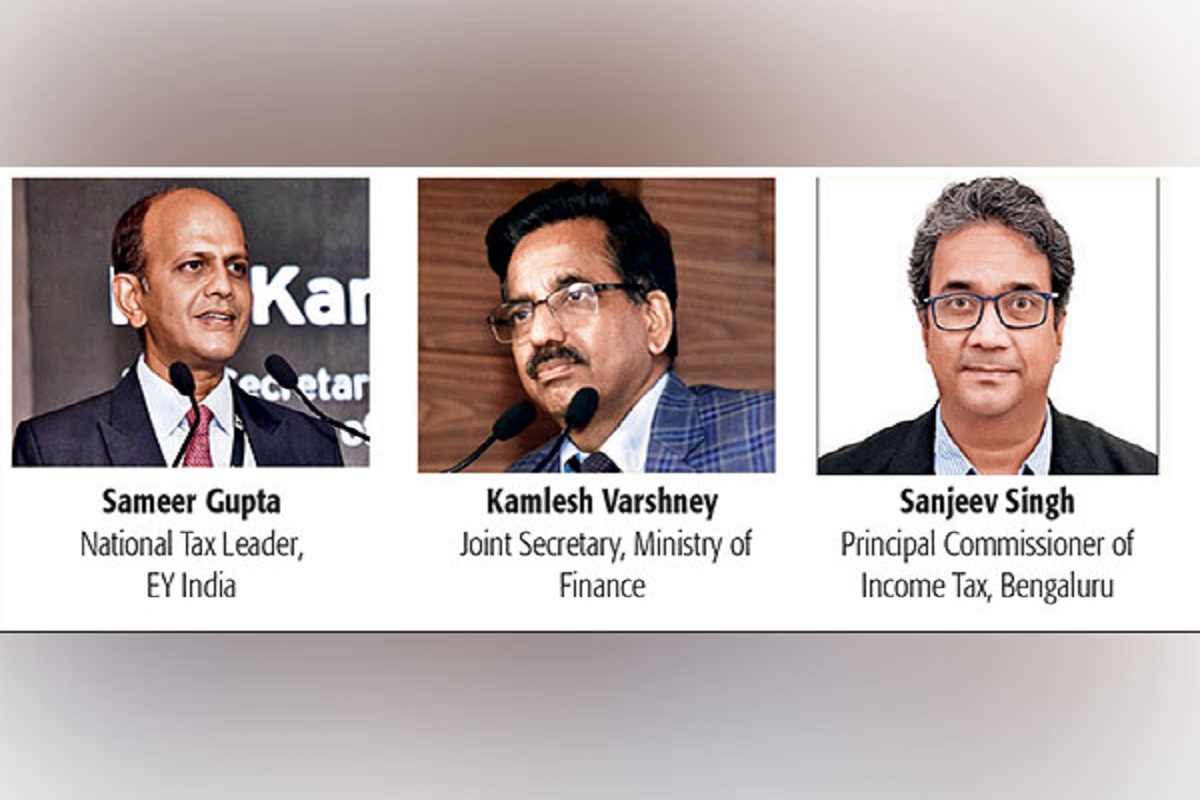The tax compliance requirements for companies are changing as the tax department wants more information. It will, therefore, be the responsibility of companies to provide all necessary data including detailed information on partners and suppliers. In such a scenario, reporting will increasingly be driven by technology. Companies will have to rely on technology to meet the tax department’s demand for an increasing amount of data.
“The tax compliance processes have to be embedded in the internal business processes for each taxpayer. The degree of integration will depend on the size of the business or the specific sectors,” said Sanjeev Singh, Principal Commissioner of Income Tax, Bangalore.
Advertisement
The tax department relies on a variety of data sources which includes data sharing agreements with other countries. In addition, there is input from routine reporting around tax deducted and collected at source (TDS and TCS) and data from other organizations such as the Ministry of Corporate Affairs (MCA), goods and services tax (GST), Central Board of Indirect Taxes and Customs (CBIC).
Matching data from various sources could make the tax function more demanding for companies and navigating this complexity necessitates automation and the use of other technology tools.
“The increased exchange of information between the GST and direct tax authorities means we need to work towards a single source of truth. Data management and processes need to transform,” said Sameer Gupta, National Tax Leader, EY India.
“The data that is sourced from financials and how it is put together and calculated would require a particular IT system in your company (for inclusive data framework),” said Kamlesh Varshney, Joint Secretary, Ministry of Finance.
Companies’ systems have to be geared up to face challenges according to the policy’s direction.
“People’s roles have changed. With automation and other processes, there is little room for discretion. Many things are more data and policy-driven now,” said Rahul Verma, CFO, Cipla.
Rahul Patni, Partner, EY India, highlighted that tax compliances and processes have to be part of a business process. “Data is at the core. So, we need to ensure that tax has a seat on the table when (technology) transformation is being discussed,” said Patni.
Companies could be categorized based on various parameters so that those in the highest tier can be trusted by the tax administration. This could open doors for companies for better business opportunities with the government.
“It is a two-way process. Companies have to up their game on better processes and compliance systems. And the tax department has to trust the data coming from them. The future of compliance process is going to be technology-driven,” said Kartik Rao, Tax Director, Growth Markets, Accenture.
A more efficient information system could earn the taxman improved trust from the industry.
